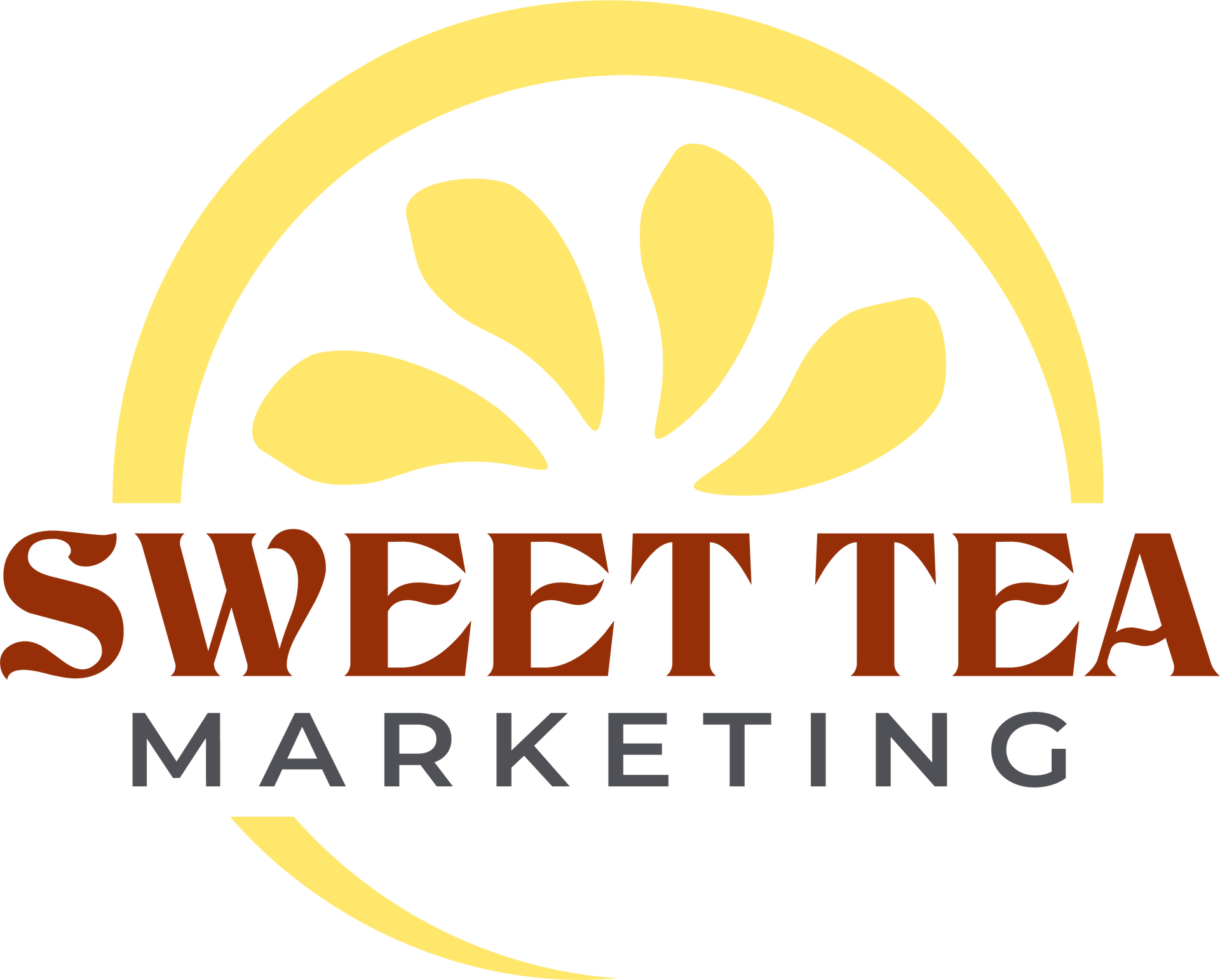Stop Posting and Start Connecting: What Social Media Really Does for Small Business
You post religiously.
Every day at 9 AM, you shares a photo of her bakery's latest creation on Instagram. The captions are clever. The photos are gorgeous. The hashtags are on point.
After six months, you have 200 followers and exactly zero customers who found you through social media.
"Social media doesn't work," you tell your friend over coffee.
But social media does work. You're just not using it for what it actually does.
The Broadcasting Mistake
Most small businesses treat social media like a billboard. They post their message and hope someone sees it and buys something. When that doesn't happen, they post more frequently. Or try different platforms. Or hire someone to post for them.
They're solving the wrong problem.
Social media isn't a billboard. It's a coffee shop. The value isn't in broadcasting to everyone. It's in having conversations with the right people.
What Social Media Actually Does
Think about how you use social media personally. Do you see a post from a business and immediately drive to their location? Probably not.
But when your friend recommends a restaurant, or when someone in your neighborhood group suggests a great plumber, you pay attention. You save that information. You use it when you need it.
Social media builds relationships. Those relationships lead to recommendations. Recommendations lead to customers.
The Connection Approach
Instead of asking "How can I get more followers?" ask "How can I become more helpful to the people who already follow me?"
Instead of "What should I post today?" ask "How can I start a conversation today?"
Instead of "How do I get more engagement?" ask "How do I provide more value?"
This shift changes everything.
How Connection Actually Works
You share something useful. Not promotional. Useful. A tip, an insight, an answer to a common question.
People engage. They comment with their own experiences, ask follow-up questions, or share their own struggles.
You respond. Not just "Thanks!" but actual conversation. You ask questions back. You offer additional help.
Relationships form. People start to see you as someone who knows what they're talking about. Someone who cares about helping, not just selling.
They remember you. When they need what you offer, or when someone asks them for a recommendation, your name comes to mind.
This process takes time. But it creates customers who stick around and refer others.
What This Looks Like in Practice
Instead of: "Check out this beautiful wedding cake we made! #weddingcakes #bestbakery"
Try: "Planning a wedding cake tasting? Here's what to ask your baker to make sure you love your cake as much on your wedding day as you do in the tasting. [List of 3-4 helpful questions]"
The first post is about you. The second post is about them. Which one is more likely to get saved, shared, and remembered?
The Conversation Starters
Here are types of posts that start conversations:
Ask for advice: "What's the biggest mistake you see people make when [doing something related to your expertise]?"
Share a lesson learned: "I used to think [common misconception]. Then I learned [truth]. Here's what changed my mind..."
Answer common questions: "Three people asked me this week about [topic]. Here's what I told them..."
Behind the scenes with purpose: Not just "here's what we're working on" but "here's what we're working on and why it matters to you."
Building Your Community
Your goal isn't 10,000 followers. It's 100 people who genuinely care about what you have to say. People who comment, share your posts, and recommend you to their friends.
These people become your marketing team. They do the promoting for you, and they do it in a way that's much more powerful than any post you could create.
Action Steps You Can Take This Week
1. Audit your last 10 social posts for engagement vs. promotion ratio. How many were about you versus about your audience? Aim for 80% helpful, 20% promotional.
2. Respond to every comment from the last week. Don't just like them. Respond with substance. Ask follow-up questions. Start conversations.
3. Create a content calendar focused on customer value. Plan posts that answer questions, solve problems, or provide insights. Save the promotional posts for after you've provided value.
The Bottom Line
Social media isn't about reach. It's about relationships. It's not about how many people see your posts. It's about how many people care about them.
Your social media success isn't measured in likes or followers. It's measured in relationships that turn into customers who become advocates.
Stop posting at people. Start connecting with them.










